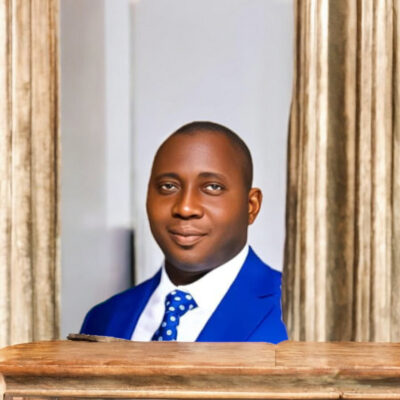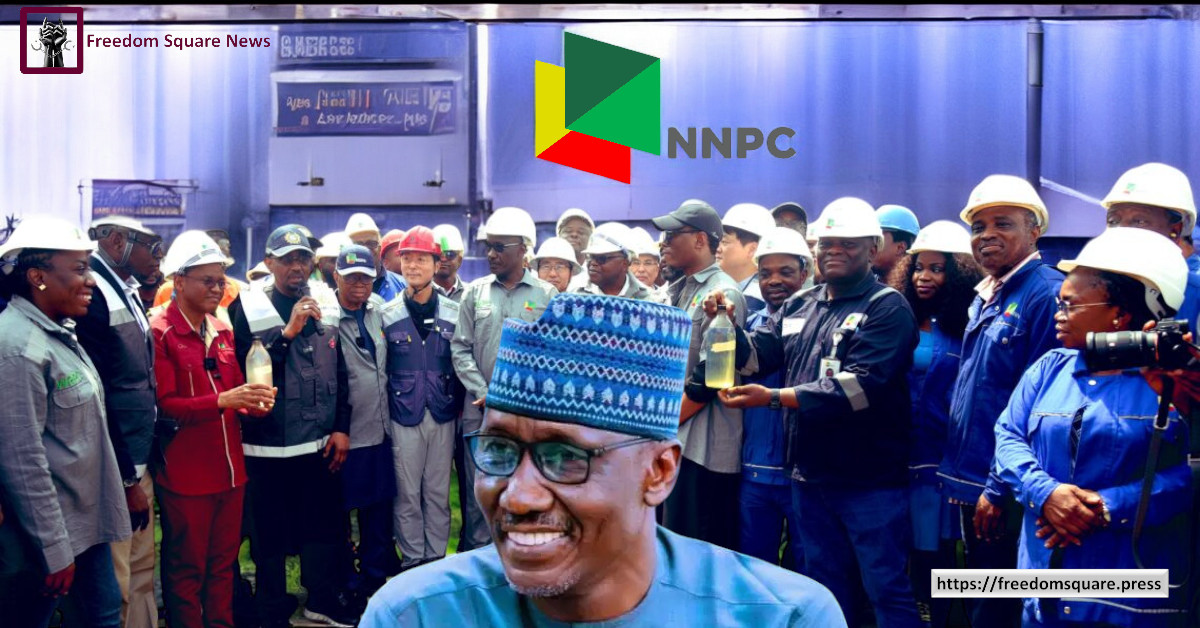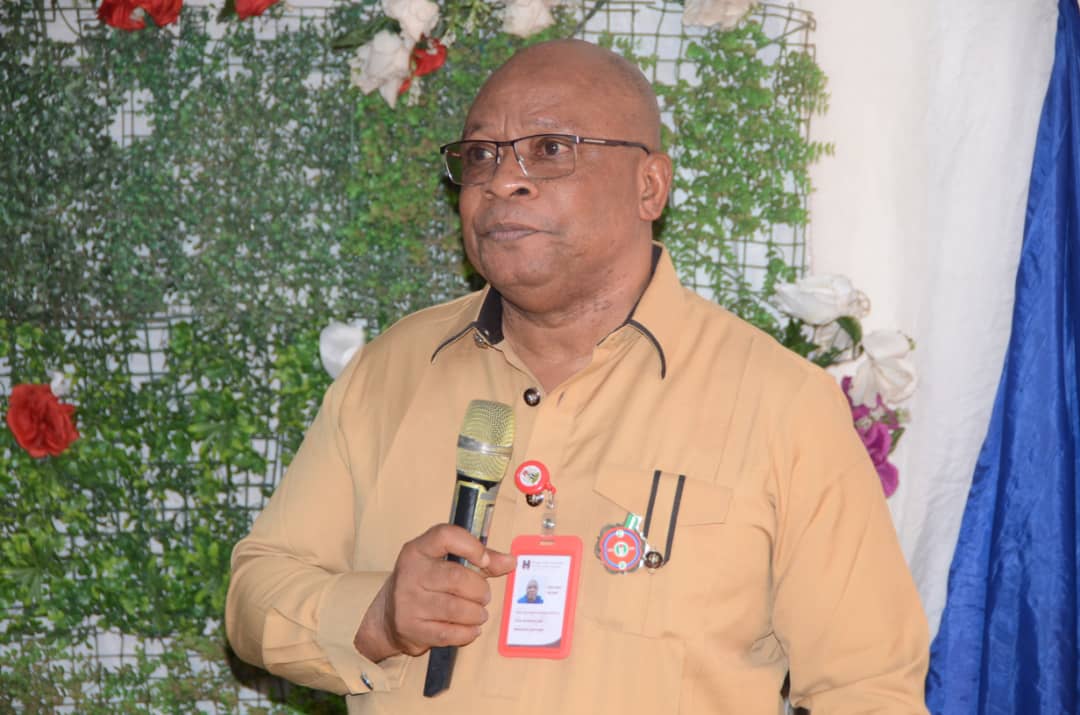As Nigeria gears up to form a new cabinet, the question of whether ministerial appointments should be based on competence or political compensation has become a subject of intense debate.
The recent nomination of former Rivers state Governor Nyesom Wike as a minister in President Bola Tinubu’s cabinet has reignited discussions on the criteria for such appointments.
Senator Adeseye Ogunlewe, a chieftain of the ruling All Progressives Congress (APC), has stated that Wike’s nomination is a form of “compensation” for his role in President Tinubu’s victory in the 2023 presidential election. Ogunlewe made these remarks during an interview on Channels Television’s Sunday Politics.
It is noteworthy that Wike, who served two terms as governor under the main opposition Peoples Democratic Party (PDP), actively campaigned for Tinubu during the last election after falling out with his party’s leadership. His nomination as Tinubu’s ministerial pick has generated mixed reactions from both supporters and critics.
Recall that prior to the election, Mr. Wike, however, said he would never settle for the vice-president position, as he was not in the race to negotiate such an option. In another trending video, Wike said, ‘Only one person can be a minister from a state; I will not be a minister. I will not. I am not a liability; Rivers State is an asset. So if you don’t want to win an election, it’s your business. I’m not the one running the election.’ Despite rejecting the VP position, Wike visited the presidential villa several times and eventually, he stooped so low as to hurriedly accept a ministerial position.
Senator Ogunlewe argued that Wike’s nomination is well-deserved, considering the role he played in securing the APC’s success in the presidential election. He emphasized that other individuals, such as ex-governor Dave Umahi and Nasir El-Rufai, should also be considered based on their past achievements and contributions to the party.
The debate over competence versus political compensation is not unique to Nigeria. Many countries grapple with the dilemma of balancing the need for experienced and skilled individuals in government positions with the desire to reward political loyalty and support. Critics of political compensation argue that it may lead to the appointment of individuals who are ill-suited for the responsibilities of their office, potentially resulting in inefficiency and lack of progress.
On the other hand, proponents of political compensation contend that rewarding loyal supporters can foster a sense of camaraderie and unity within the party. Additionally, they argue that such appointments can help maintain political stability and encourage party members to continue actively participating in the political process.
However, critics caution against allowing political compensation to overshadow competence, as it may undermine governance and the effective implementation of policies. The success of any government depends on the expertise and capabilities of its ministers, as they are tasked with critical responsibilities affecting the nation’s development and well-being.
As Nigeria awaits the screening process for ministerial nominees in the National Assembly, concerns have been raised about the need for a competent and effective cabinet. Ogunlewe has warned the nominees not to deviate from the party’s manifesto and to be prepared for diligent work under President Tinubu’s leadership.
The nation’s challenges demand prompt and decisive action, and the formation of a capable cabinet is vital to address pressing issues facing the country. Nigerians are eager to witness tangible improvements in various sectors, and the expectations for the new cabinet are high.
Ultimately, striking the right balance between competence and political loyalty in ministerial appointments will be crucial in determining the government’s effectiveness and ability to deliver on its promises. As the country moves forward, the focus should be on building a cohesive and capable team that can navigate the challenges and work towards achieving Nigeria’s aspirations for progress and development.




